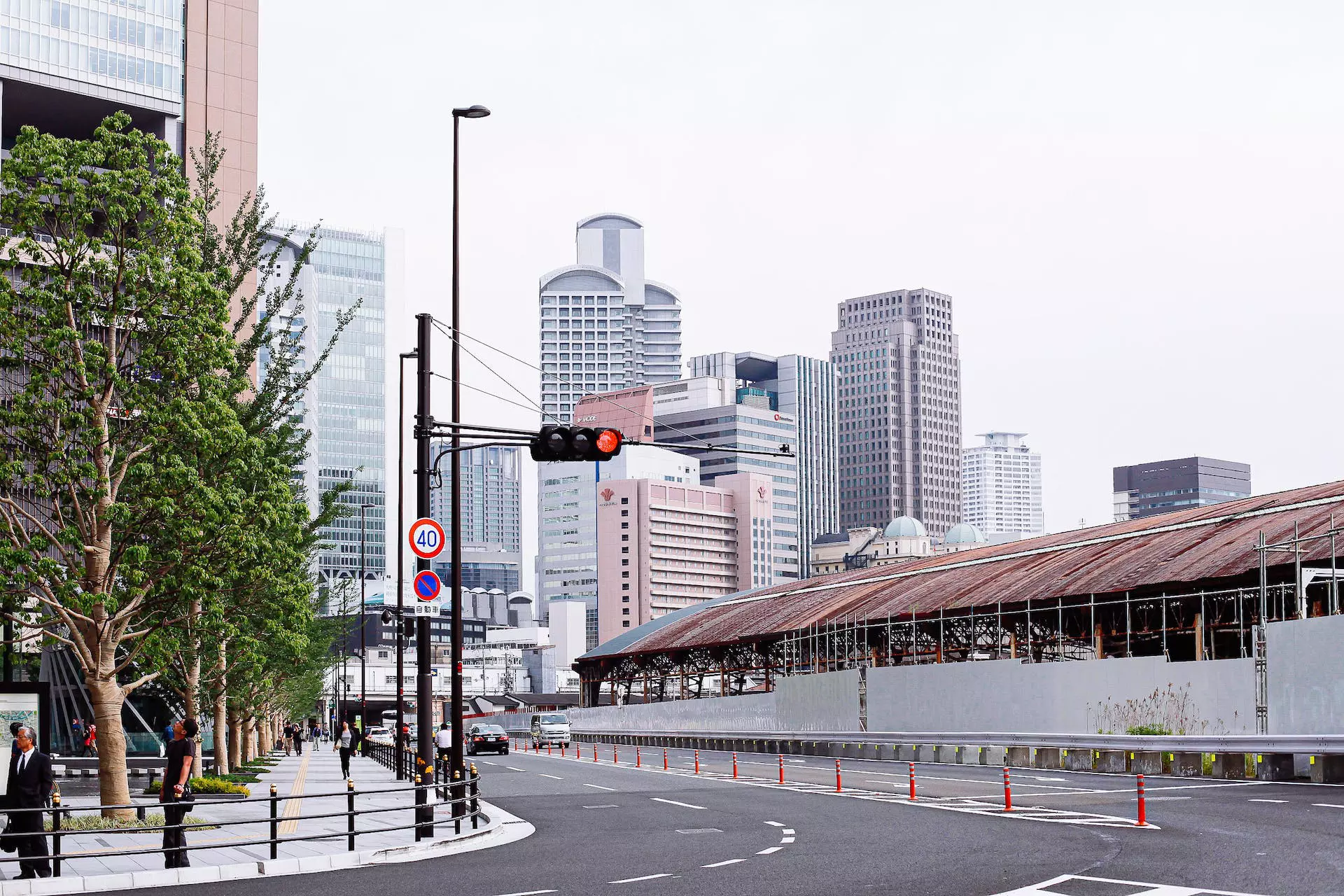In international arbitration cases held in Singapore, the process of handling evidence differs from traditional court proceedings. Unlike in courts, there are no predefined rules of evidence that automatically apply in international arbitration. Instead, the treatment of evidence becomes the responsibility of the arbitral tribunal when there is no prior agreement between the parties on the rules.
This practice was highlighted in the Singapore High Court’s ruling in the case of BQP v BQQ [2018] SGHC 55, where it was confirmed that parties’ consent to grant the tribunal authority to determine evidence’s relevance, materiality, and admissibility allows for a departure from traditional common law evidentiary rules. Moreover, institutional rules that empower the tribunal to decide on evidence admissibility fall within the tribunal’s jurisdiction.
This approach has distinctive features and implications. First, the arbitral tribunal has the freedom to consider and act upon evidence that may not be admissible in court proceedings, leading to a more flexible and versatile arbitration process. Secondly, party autonomy in matters of procedure grants the parties involved the freedom to agree on rules and procedures that best suit their specific needs, unbound by traditional domestic concepts of evidence. This enables tailoring the procedure to the unique characteristics of the case at hand, ensuring it aligns with the parties’ requirements and the particular nature of the dispute.


